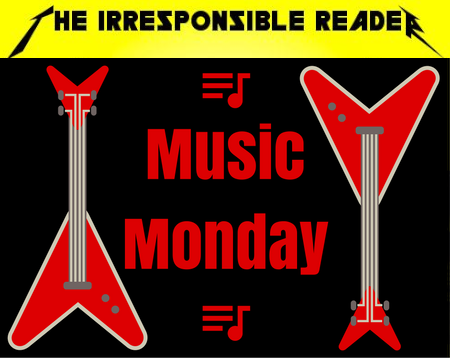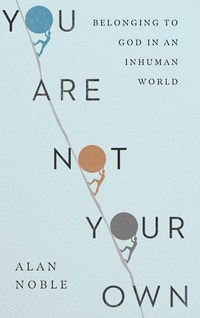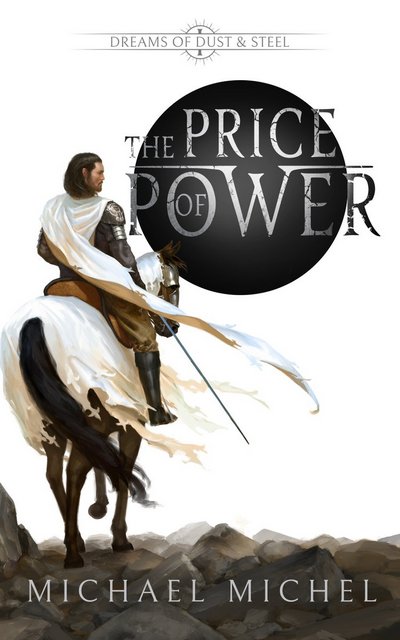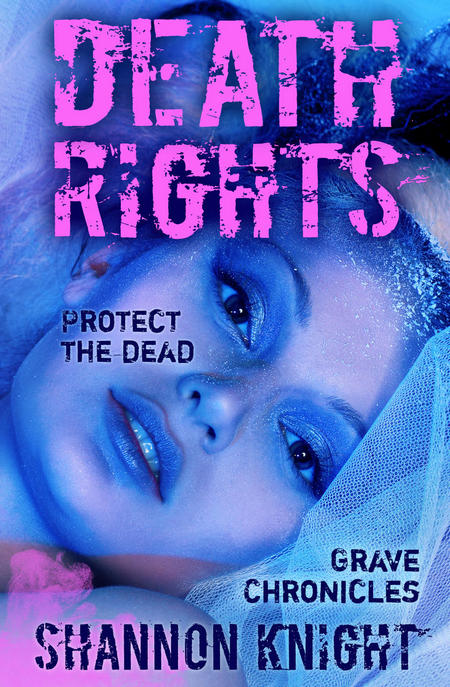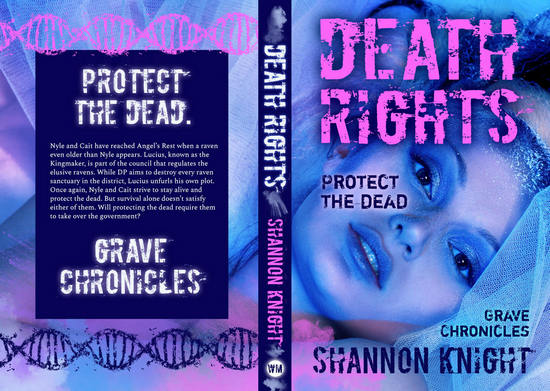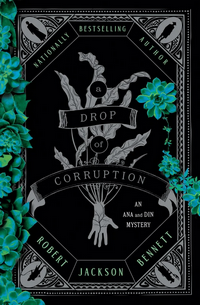As the title implies, I’m in the middle of this book (well, a little past middle), so this is not a review, just some thoughts along the way.
by Michael Michel
DETAILS:
Series: Dreams of Dust and Steel, #1
Publisher: Chainbreaker Books
Publication Date: April 2, 2025
Format: eARC
Length: 498 pg.


What’s The Price of Power About?
This is not the easiest question to answer, I’ll tell you right now. The title really sums it up well, this the story about what power costs–political, familial, monetary, military, personal, magical.
But that’s not much of a plot, that’s more of a description. There are four plotlines–that somewhat overlap, but most of that is promised for book two and beyond. But the further you read, the more you see how they are intertwined even if most of the characters don’t see/understand that yet.
So I’m going to steal a little from the blurb that Michel sent me (and that I posted earlier today) to give some quick thoughts about each plotline.
“A mad prophet determined to control reality”
This is the hardest one to talk about–at this point, I’m not certain who the mad prophet is (I’m pretty sure, but I’m waiting to know for sure). But I’m probably in denial because I don’t want this person to be the prophet. The main reason that this is hard to talk about is that this storyline is full of symbolism, visions, dreams, and magic. The point of view character–and those around him, too–isn’t sure what is going on–what’s real, what’s a dream, and what’s his imagination.
I’m engrossed, though. I may not get it all, but I’m hooked by what I do get.
“A dead prince who isn’t dead”
This, on the other hand, is a straightforward story about a prince whose thirst for vengeance–driven by rage and grief–led to a type of destruction that might make Tywin Lannister take a step back.
Now he’s just trying to avoid contact with everyone, denying who he is, dwelling on what he did and what it cost him. You almost feel sorry for him and wish he’d snap out of his self-pity and self-destruction when he needs to (which is right about the time we meet him). But also…if anyone should hate themselves, it’s hard to argue against him.
Barodane is set-up for a redemption story. But I’m not convinced that’s what Michel has in mind. Of all these four plots, this is the one I’m most invested in because of some of the surrounding characters.
“An orphan with hero’s blood”
This, too, feels like a familiar fantasy story. A princess raised to take the place of her dead parents leading her nation through a tumultuous time, with everyone wondering if she is capable of doing the job. You just can’t help but feel bad for this girl. She’s got the weight of the world on her shoulders (or at least the weight of a nation), pressures and expectations on her are as high as an be.
On the one hand, what she’s called upon to do (so far) is easier than the rest–but her age and visibility even out the scales a bit. I like her, I like her teachers, and her animal companion. But honestly, everyone else in her immediate circle could be wiped out and the only reason I’d care is because of the impact it’d have on those four.
I’m pretty sure that I’ve spent a decent amount of time leaning forward during her chapters like you do during a tense part of a film (am I the only one who does that while reading?).
“And a powerful seer “
This is hard storyline to work through. This grandmother/Obi-Wan figure is a tough old lady, having to act tougher than she really is to do what she has to. Her ability to see time and reality have shown her what needs to happen, and the price she and her grandson will have to pay.
Michel keeps the details vague at this point–but you get to see enough to keep you invested and eager to learn alongside her grandson.
There’s a very cool magic battle in this story–at least one, anyway–and just knowing that this kind of thing is possible around this woman will keep you invested, even if you weren’t inclined to be anyway.
The way she’s tied to all of the above just makes me want to understand her more.
Dramatis personae
There’s a lengthy (or maybe my e-reader font is just set large enough that it seems that way) dramatis personae at the beginning of the novel–if you’re like me, keep it open on your phone while you use an e-reader for easy reference. If you got your hands on a paper copy, keep a bookmark there–you’re going to want to check it often for the first third or so (results may vary on your attention span or memory).
Even if you don’t rely on it, it’s a good way to think about the book–4 rosters of characters to get to know now.
I expect that those who survive will get tossed together like a salad in the ensuing novels.
How the Novel Works
This isn’t a “Book One: Barodane”, “Book Two: Princess” kind of thing where each book tells the complete story of each character. Each character/storyline gets a chapter and then it moves on to the next, and keeps rotating that way (I’m pretty sure it’s a pattern that repeats, but honestly I forgot to track–that largely holds true–and it doesn’t matter).
There are two schools of thought when it comes to chapters–a lot of authors will close an idea, or a time period at the end of a chapter. This makes it easy to put your bookmark/quitter strip in the book and set it down to sleep, eat, converse with people, or whatever. Other writers will end a chapter in a way that propels you to move on to the next (Jim Butcher, for example, talks a lot about this practice). This keeps you engaged, moves you to keep reading–and is an excellent way to annoy a reader who really has other things they should be doing.
Michel falls into the latter category. Of course, the trick with this book is that as a Bardodane chapter leaves you hungry for the next thing in his story–but you have to go through three other plotlines before you get back to it (and each one of those will leave you hungry to press on with that storyline). I love this–I also hate it. Some people will choose to skip chapters to stick with one story through the end. This is a mistake–and will inevitably involve you getting something spoiled (I can think of at least once where that spoiler is major. There may be more to come).
So gird up, and prepare for Michel to play with you like a fisherman trying to tire out his catch before reeling it all the way in.
The Secondary Characters
To keep this to a length people would want to read, I’ve limited what I’ve said about secondary characters. This is a problem–some of them are just as interesting and compelling as the point-of-view characters (possibly more so). That long dramatis personae is filled with people you will want to spend time with, or at least understand better. And sure, some of them are despicable and you will root for their defeat (but you’ll still want to understand them and maybe spend time with them on the page, just not at a pub).
There are a few secondary character deaths in this book–and you know there are more to come. One of them provoked me to send a message to Michel (the number of times I do that mid-read is incredibly small), threatening him if he did something similar to another character before the fifth book (at which point, I assume almost everyone will die or be defeated). I suspect I will not be alone in feeling that way about some of these characters, even if you pick ones that aren’t as cool as the ones I pick.
Michel is not playing around when it comes to character design or messing with his reader’s emotions.
So, what did I think about The Price of Power?
I’m at the 75% mark–so it’s possible that Michel will mess up the ending and lose me.
Possible, but unlikely.
Really, he’d have to do many, many things wrong to turn me off at this point–and he shows no signs of doing so.
The prologue wowed me. The first chapter raised the stakes–and as every point-of-view character was introduced the intrigue grew. I’m already impatient for the next book to be published and I’m not even finished with this one yet.
Go grab this one as soon as you can. Books 2 and 3 are scheduled for release this year (he talks about the timeline in the video I posted earlier today) and you’re going to want to be ready for them.
Disclaimer: I received this eARC from the author in exchange for this post which contains my honest opinion—but also, I bought the earlier edition of the novel and just hadn’t gotten around to it yet, so I’m not sure how necessary this disclaimer is.
This post contains an affiliate link. If you purchase from it, I will get a small commission at no additional cost to you. As always, the opinions expressed are my own.

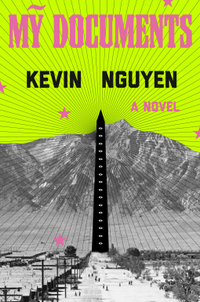
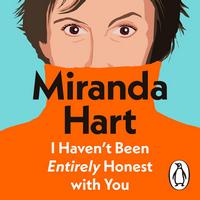


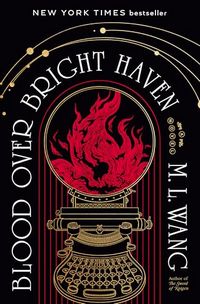

![]()




